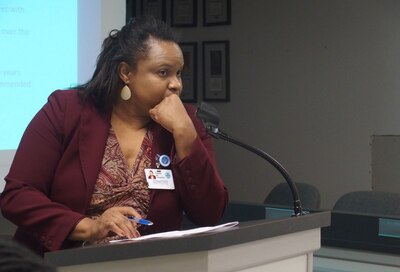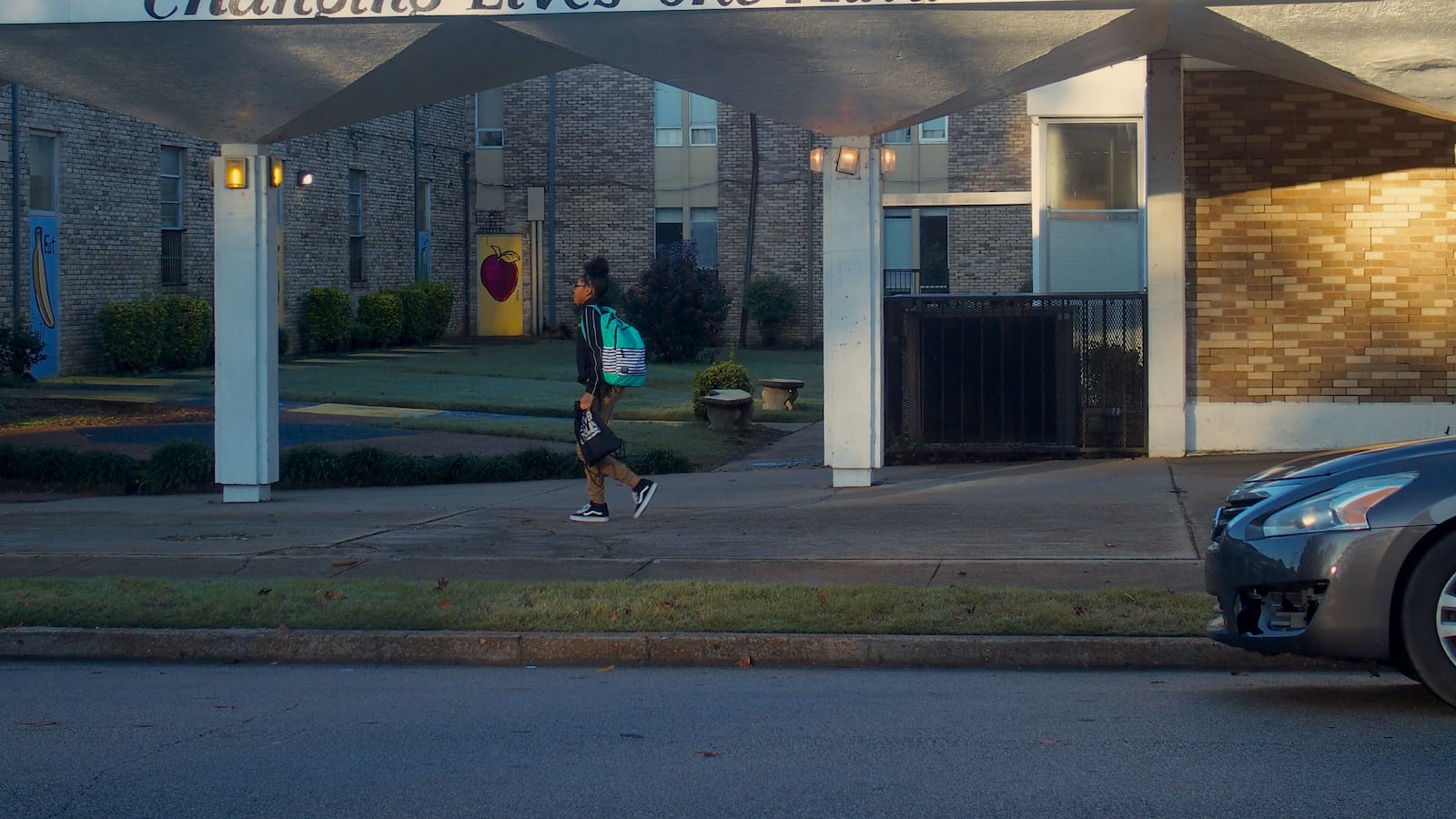After three years of talks between charter and Memphis school leaders, the Shelby County Schools board approved a policy meant to foster a more collaborative relationship between the two competing groups.
In a hefty document the board approved Tuesday, Memphis charter schools can now work directly with the district on operational and performance issues and guidelines, including when a charter might be revoked.
Among other guidelines, the policy establishes the board’s ability to deny a charter school’s application if it wants to open in a neighborhood with relatively few students, and it establishes a timeline for revoking a school’s charter if it shows poor academic results.
Also, charter schools will be able to compete for free rent in district buildings, although the exact guidelines for that have not been established.
“It’s a legacy and true foundation of what this work will look like moving forward,” said board member Miska Clay Bibbs, who led the effort on the board. “I think ultimately, this is a way for us to find out who is the best match for our district.”
Anthony Anderson, the CEO of Memphis Business Academy, a network of charter schools that started in 2005, said the policy is a solid step toward a better relationship between the district and charters, but there’s more work to be done. He said the district does not apply its rules to all charter schools equally. In a recent complaint to the school board, another charter school leader said the school board used a double standard in closing three of his schools.
“Whatever policies and procedures that apply to one charter school under the umbrella of SCS should apply to all charter schools,” Anderson told Chalkbeat. “Transparency needs to be at the forefront of this.”
The existing policy had not been revised since 2011, when the district had 25 charter schools, less than half the 57 schools it authorizes now. The voluminous new policy is three times longer than its earlier version.
Shelby County Schools is Tennessee’s largest school system and also houses more than half of the state’s charter schools. Charter schools are publicly funded, with nonprofit organizations managing daily operations. District and charter school leaders have often been at odds as they compete for students and the taxpayer dollars that follow them.

The State Board of Education scolded the Memphis district for its lack of a clear process for closing and operating schools in 2016 when three charter schools appealed their closure. The state board ultimately upheld those decisions because of the schools’ low test scores. Soon after, a group of 27 district, charter, and community leaders commissioned by the local school board started meeting to hammer out the details of what became the new policy.
Some of the changes have already taken place in state law. For example, since 2017, charter schools must pay an annual authorizer fee to Shelby County Schools that is 3% of their state funding, up to $35,000 per school. The district is responsible for monitoring charter school performance.
The policy also uses the district’s existing report card to evaluate charter school academics, student discipline, finances, and legal compliance when deciding whether a charter school can expand or apply to run another school.
Below are more details on some highlights of the new policy:
The district will establish a “Charter Partnership Council.” The council is charged with giving recommendations on issues such as monitoring and evaluating charter schools, fostering communication between charter leaders and the district, and managing shared services such as therapists, professional development, or textbooks. Bibbs said the council is expected to start this fall.
If a school has low performance for three years, the district can revoke its charter. The superintendent can recommend closing a charter school if it scores below 2 on the five-point scale for the district’s report card for three consecutive years. The guideline has been in effect since the committee approved it nearly three years ago. Seven schools were in danger of closing last year but improved enough this year to escape consideration.
Only schools with high scores on the district’s report card can expand. Schools that have been open for at least three years and score 3 or higher on the district’s report card in each of the three areas evaluated (academics, finances, and operations) can apply to the district to modify its initial contract, add a grade, or enroll substantially more students than they planned. Schools that score 3.5 or higher can apply to open more schools.
The school board can deny a charter school opening based on its proposed neighborhood. Board members have long been concerned about having too many schools in one neighborhood. The policy allows the district to consider if a proposed location for a charter school “will create oversaturation in the proposed geographic location.” The district’s tool for determining oversaturation was used for the first time this year, and few charter schools wanted to locate where the district said there was a need.
Some charter schools can rent district buildings for free. If a school has a “track record for maintaining high levels of academic growth and student achievement” on the district’s report card, and its programs and location align with what the district says is in high demand, a charter school can rent a district-owned building for free. The qualifying score on the district’s report card was not specified in the policy, and Anderson, who served on the charter committee that helped shape the policy, said he hopes that will be cleared up soon.
“I don’t think we could get our hands around the true parameters of what makes a charter school a success or high-performing,” he said. “Especially since so few of us are beating the state average on test scores and ACT scores.”
You can read the full policy below.

